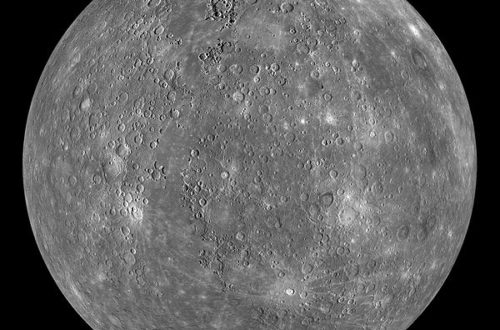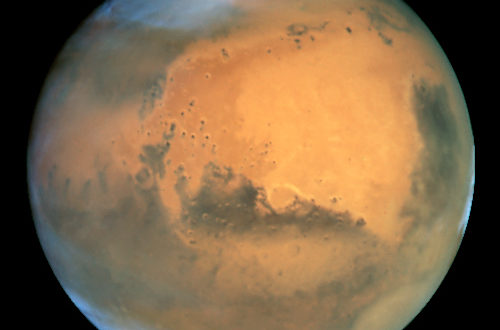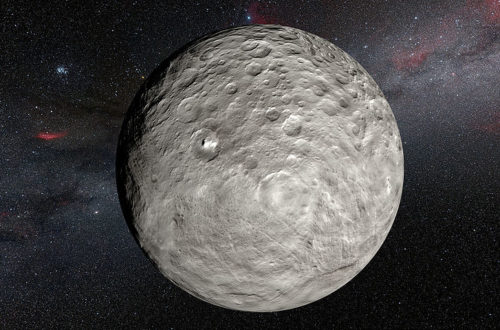Monthly Stargazing Calendar for September 2012
Looking for the September 2025 stargazing calendar?
This month will be much less eventful than the previous one. On September 22 the September equinox will occur at 14:49 UTC. The Sun will shine directly on the equator and there will be nearly equal amounts of day and night throughout the world. This is also the first day of fall (autumnal equinox) in the northern hemisphere and the first day of spring (vernal equinox) in the southern hemisphere.
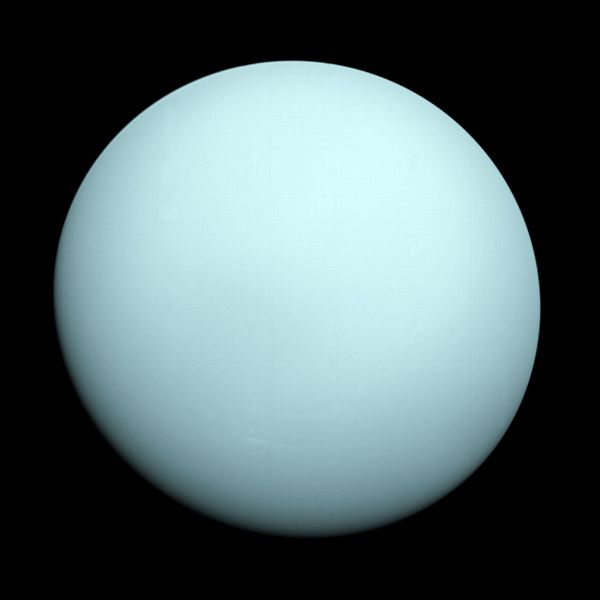 Planet Uranus as seen by NASA’s Voyager 2 probe.
Planet Uranus as seen by NASA’s Voyager 2 probe.
Would you like to be notified of stargazing events?
And by the end of the month on September 29, Uranus will be at opposition. The gas giant will be at its closest approach to Earth and its face will be fully illuminated by the Sun. This makes it the best time to view Uranus. Due to its distance, it will only appear as a tiny blue-green dot in all but the most powerful telescopes.
Moon phases
As you know, the Moon has a big impact on the visibility of celestial bodies in the night sky. So here are the Moon’s phases for this month:
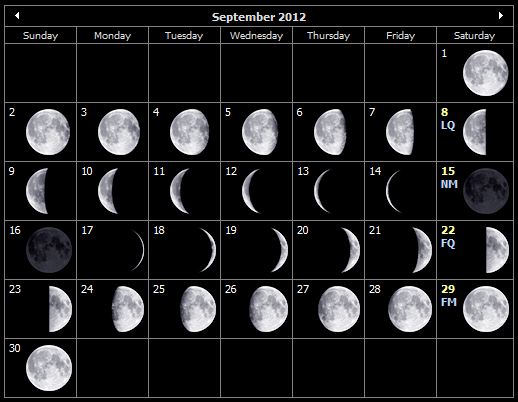
Positions of the planets this month
Mercury: The closest planet to the Sun can be seen at dawn and dusk in the constellation of Leo. This planet, being the closest to the Sun, will appear to move quickly in the night sky and its position will change in the following weeks.
Venus: The sister planet can be seen between the constellation of Cancer and Gemini. Just like Mercury, Venus can only be seen at dawn and dusk.
Mars: The red planet can be seen between the constellations of Virgo and Libra, not far from Saturn.
Jupiter: The gas giant is visible in the constellation of Taurus. Jupiter can easily be spotted with the naked eye, even in highly illuminated cities.
Saturn: The ringed giant can be seen with the naked eye in the middle of the Virgo constellation, not far from the bright star Spica.
Uranus: The gas giant can be seen between the constellations of Pisces and Cetus with the use of a telescope.
Neptune: The blue giant requires a telescope pointed in the constellation of Aquarius in order to be seen.
Major astronomical event next month
- October 20, 21 – Orionid Meteor Shower
See also:
- Previous month’s calendar: Stargazing Calendar for August 2012
- Next month’s calendar: Stargazing Calendar for October 2012
Would you like to receive similar articles by email?



